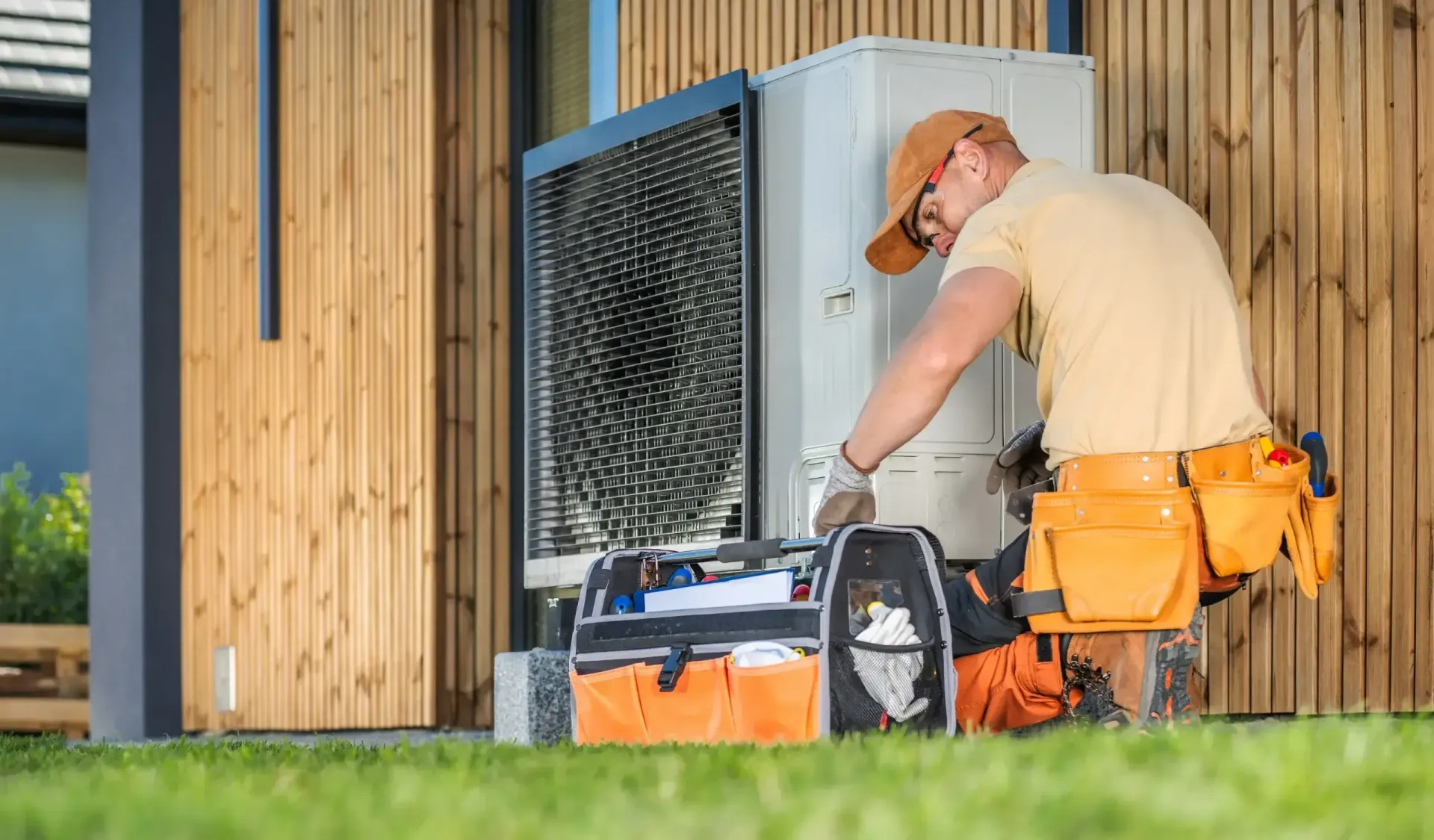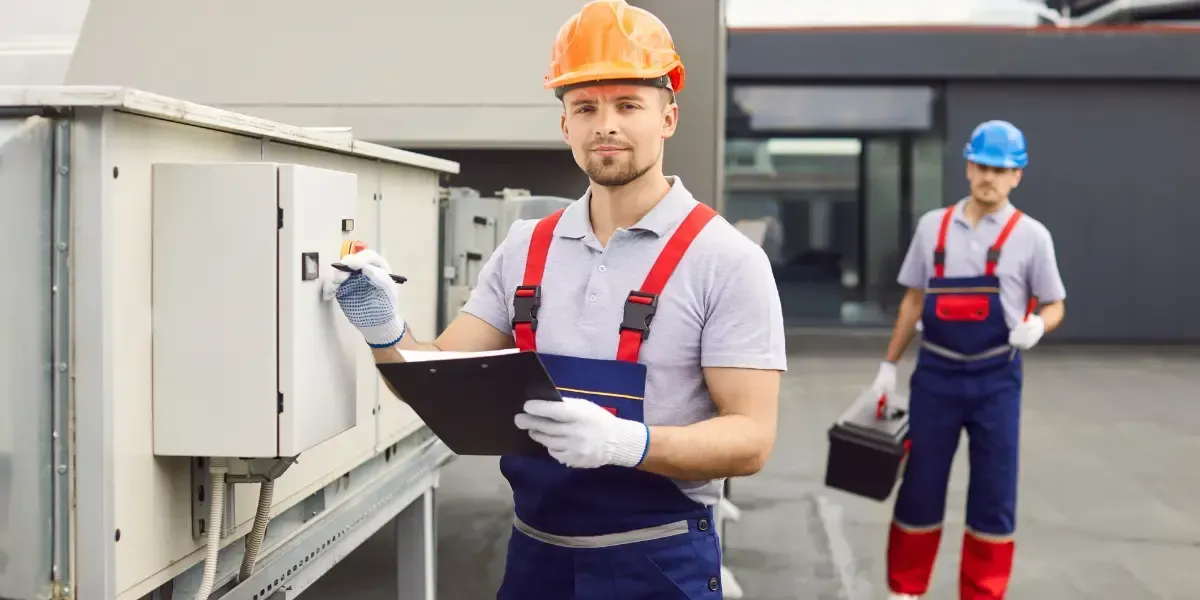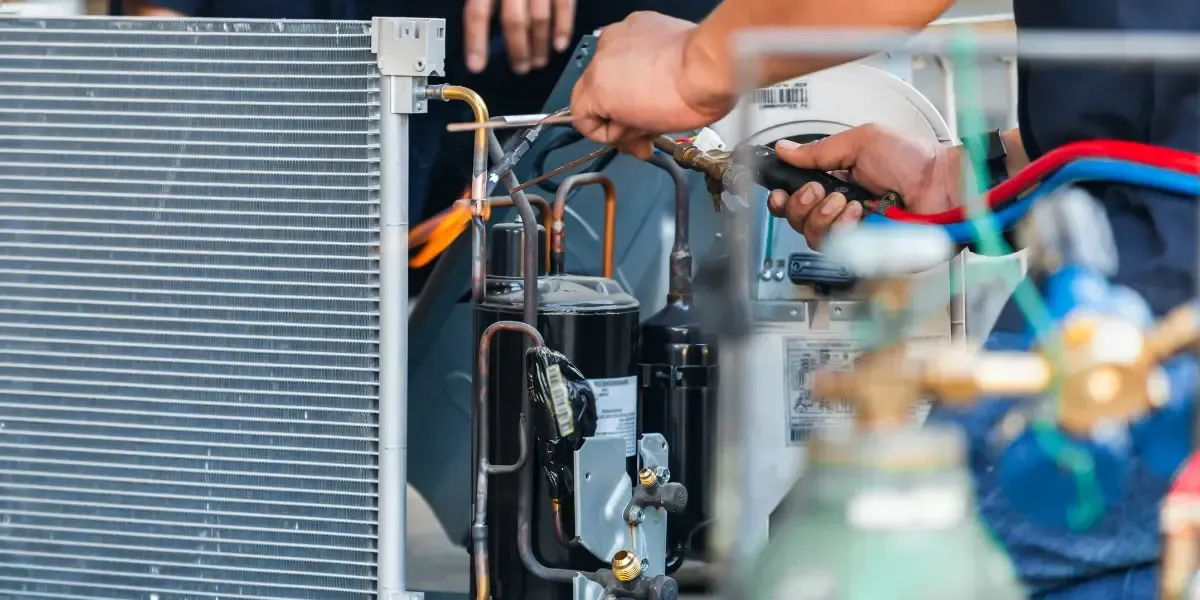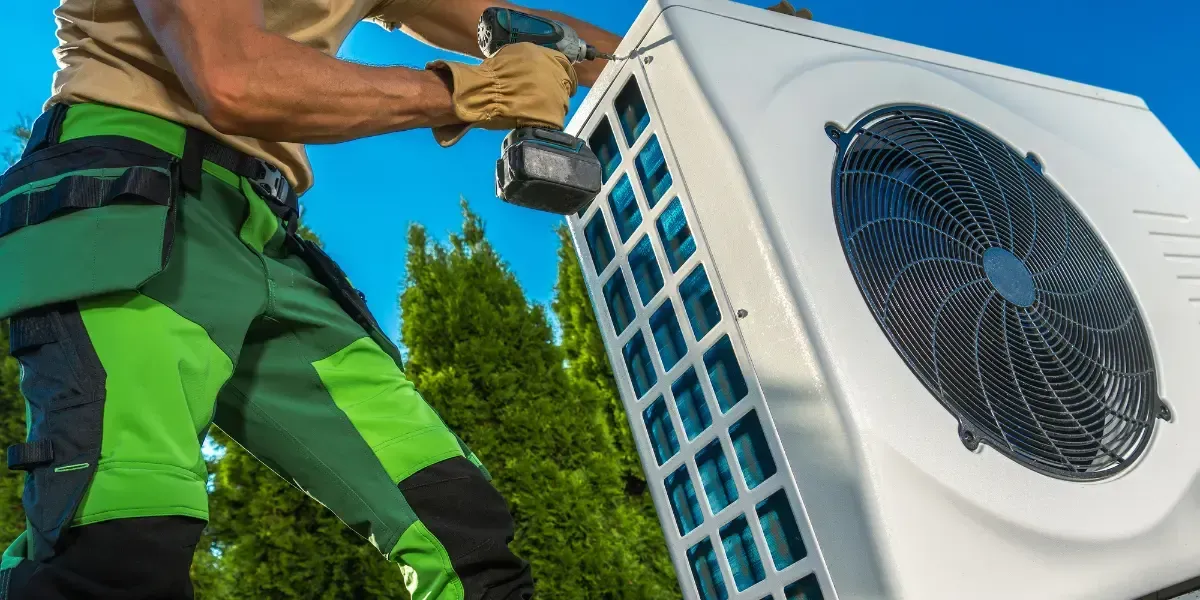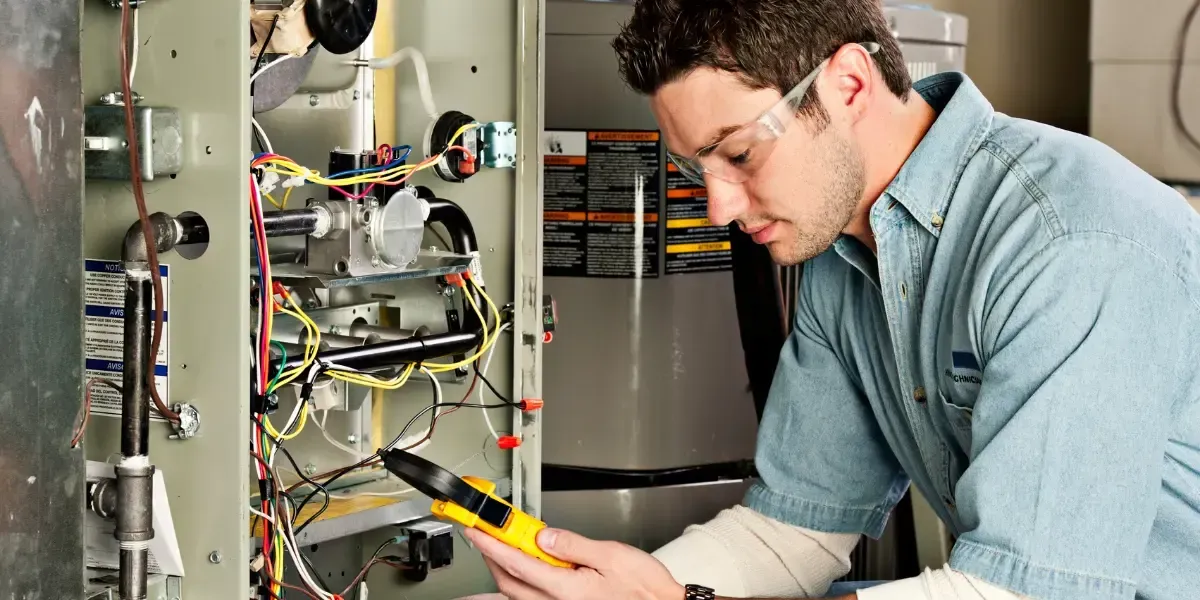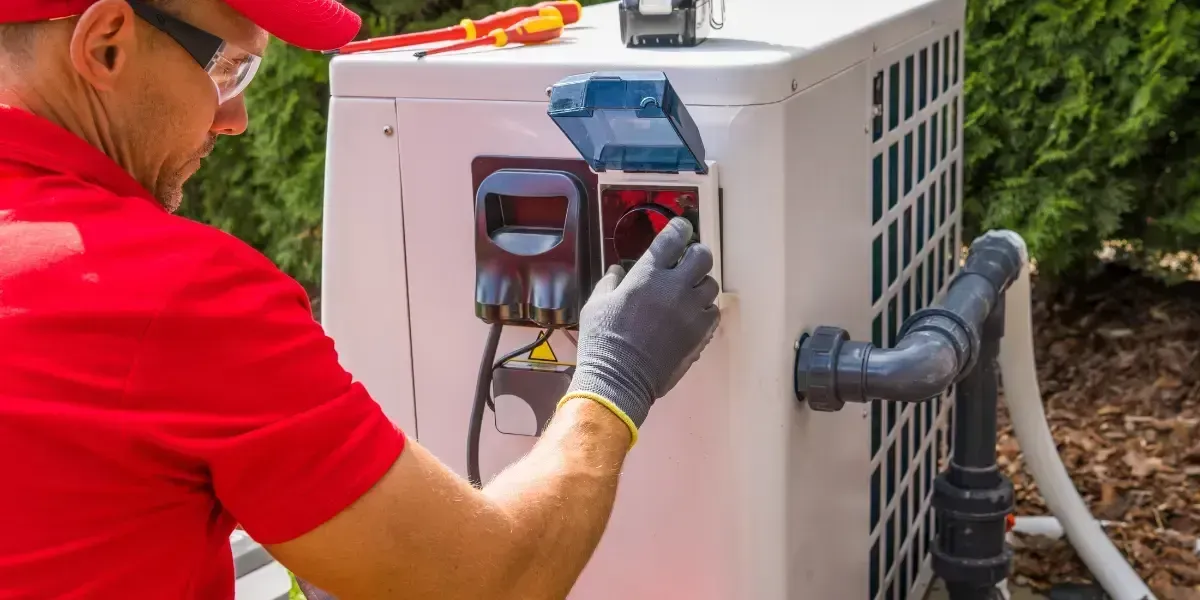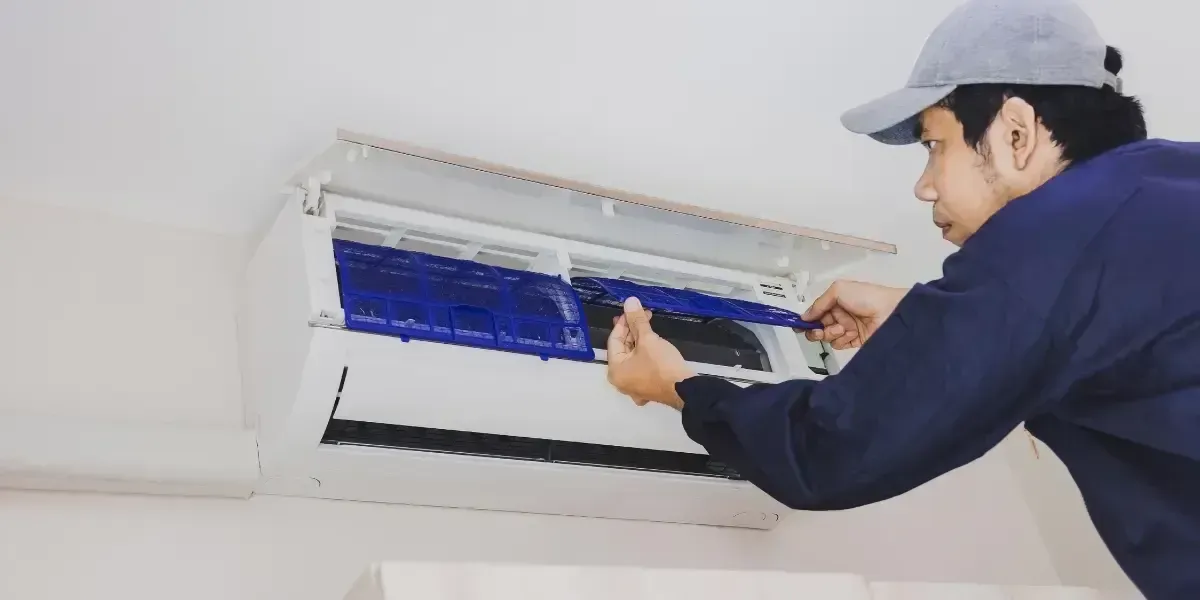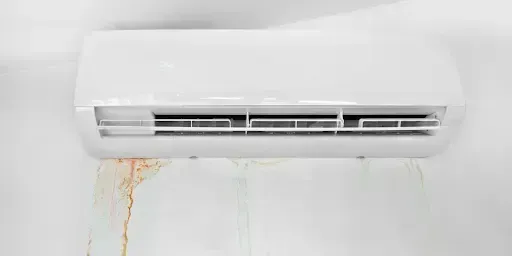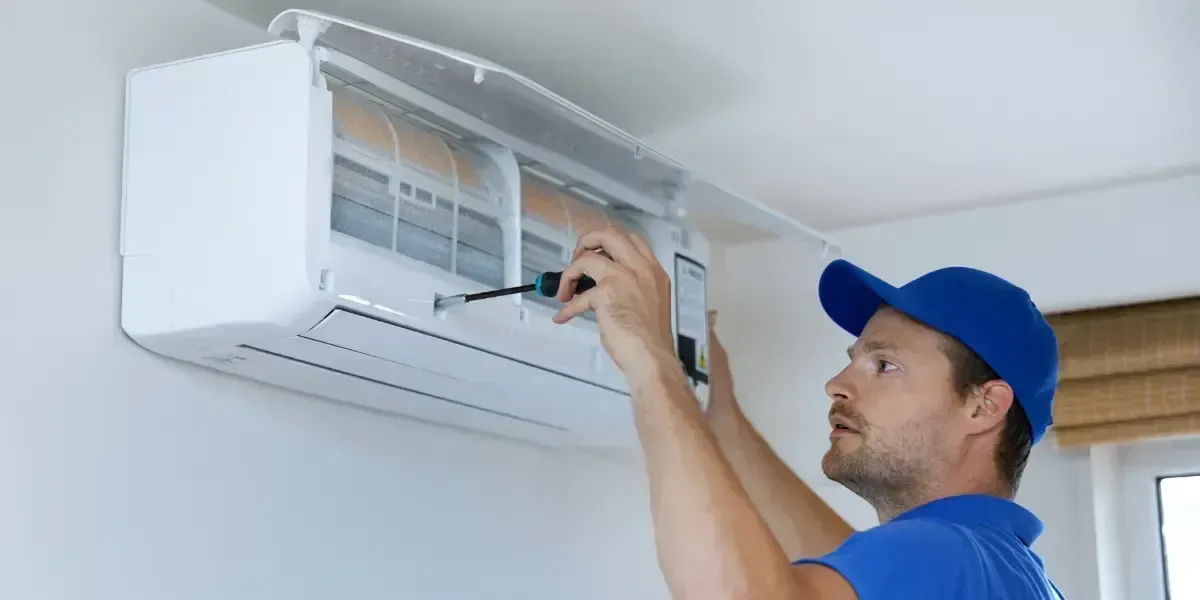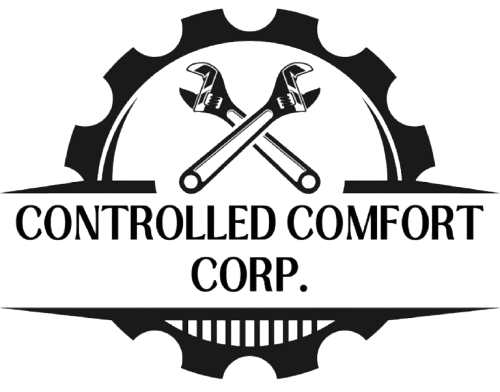
Reach Out to Us!
Repair Home Heater: DIY Solutions vs. Professional Help
Home heaters are important for staying warm in winter. When they break down, you may wonder whether to fix it yourself or call an expert. Each choice has its good and bad points. This article looks at both methods of repairing home heaters.
It also tells you when it's a good idea to get help from trusted services like
Controlled Comfort.
Understanding Your Heating System
Home heating systems can be very different. Some common types are furnaces, heat pumps, and HVAC units. These systems often have several parts like air filters, thermostats, blowers, and heating elements. Knowing about your heating system is important. This knowledge helps you fix problems and decide if you can repair it by yourself.
- Furnaces: Gas furnaces use ignition systems, heat exchangers, and blower motors to heat and move air.
- Heat Pumps: These systems use refrigerants to move heat and are much easier to fix than the new ultra-low nox furnaces.
- Central HVAC: These systems combine heating and cooling and usually have shared ductwork, which can make repairs more complicated, but we would rather repair your old AC system than change out to a new unit. Don’t buy a new one until it's been inspected by Controlled Comfort.
Modern technology relies on computer boards, making repairs, obtaining parts, and diagnosing challenging issues without the right tools. Even when equipped with these tools, specialized technical support from the manufacturer is often necessary before you can acquire a parts warranty.
DIY Heater Repair Solutions
For basic issues, DIY repair can be a good and money-saving choice. Many homeowners fix these problems by themselves:
- Replacing Air Filters: You should change air filters every 1-3 months. This depends on the type of filter and how much your system runs. Clogged filters block airflow. This can lower how well your system works and make your energy bills higher.
- Thermostat Issues: A bad thermostat can often cause heating problems. Resetting it or changing the batteries can help with heating that is not in sync. Also, getting a programmable or smart thermostat can increase how well your system works.
- Cleaning Vents and Ducts: Dust can build up in vents and ducts. This can limit airflow and make your heater work harder. You should never have to clean ductwork with a proper air filter, and we recommend a Zephyr gasketed MERV 11 media filter. We can clean them once but there is an underlying issue that needs to be addressed if your ducts get dirty. Be careful with duct cleaners that are not C20 licensed; they don’t understand the duct system and can do more harm than good. Ask Controlled Comfort for their recommended local duct cleaning company.
- Relighting Pilot Lights: Gas furnaces use pilot lights or electronic ignition systems. If your pilot light goes out, you can usually relight it easily. Just follow the instructions from your manufacturer.
Benefits of DIY Heater Repair
- Cost Savings: You can save a lot of money by not paying for labor, especially for small jobs like changing a filter or cleaning a vent.
- Learning Experience: Doing repairs yourself helps you understand your heating system better, which may help you save money on repairs later.
Risks of DIY Repairs
Even though DIY repairs can help you save money, they also have risks. This is especially true for repairs that are harder to do.
- Safety Hazards: Electrical problems or working with gas lines can create dangerous situations like gas leaks or fires if not done correctly. You must follow safety rules.
- Voided Warranties: Many heaters have warranties that need professional help. DIY repairs, especially inside the heater, could cancel your warranty. This means you would have to pay for future repairs.
- Not Enough Tools and Knowledge: Many heater repairs need special tools and skills. Trying to fix complicated problems without the right equipment can make the issue worse.
Professional Heater Repair
While some home repair ideas can fix small problems, getting a professional is often needed for harder or risky issues. Here’s when you should call an expert:
- Electrical Issues: Problems like damaged wiring or tripped circuit breakers need a skilled HVAC technician. Playing with electricity can cause serious injuries or harm.
- Gas-Related Problems: Gas furnaces need special care. If you smell gas or think there is an issue with your gas lines, call a professional right away. Gas leaks can be very dangerous, including the risk of carbon monoxide poisoning.
- Blower Motor Failures: The blower motor sends warm air around your home. If it stops working, your home may feel too hot or too cold, or the system may stop completely. This part is tricky and needs expert help.
- Heat Exchanger Issues: A cracked heat exchanger can let harmful gases like carbon monoxide into your home. Fixing these leaks can be costly and poses serious health risks, needing a professional to handle it.
- Water Leaks or Strange Noises: Strange sounds like banging or hissing often show there's a problem inside. Water leaks might signal issues with condensate pumps in good furnaces or nearby parts. A professional should look at both issues.
Cost Comparison: DIY vs. Professional Repair
- DIY Costs: Homeowners save money by doing repairs themselves. This can help a lot for small jobs like changing filters or resetting the thermostat. But, if you make a mistake, it can lead to higher costs if the issue gets worse.
- Professional Costs: Even though hiring professionals cost more at first, it gives you peace of mind. The job will be done safely and correctly. Professionals also provide warranties to protect you from any future problems.
Time Considerations
- DIY Repairs: Finding out how to fix a problem, getting parts, and doing the repair can take a lot of time. This is especially true if you don't know much about the system. The time you spend trying different things could make the repair take longer.
- Professional Repairs: Trained workers can usually find and fix problems faster and better. They have tools and parts that you might not have, which helps make sure the job is done right the first time.
How Controlled Comfort Can Help You
For homeowners who have more complex problems, Controlled Comfort has several benefits:
- Expert Technicians: Licensed professionals with experience who can handle tough problems safely and well.
- Quality Assurance: Professional services usually provide warranties on work and parts, giving you peace of mind.
- Increased Efficiency: Regular care and professional HVAC repairs can make your system use less energy, lowering your monthly bills.
- Safety First: Controlled Comfort technicians stick to strict safety guidelines. They make sure your heater works well and is safe from issues like gas leaks or electrical troubles.
- Quick Response Time: They provide fast service so your home can feel comfortable again as soon as they can.
Conclusion
Choosing between DIY and professional heater repairs depends on how complex the problem is and how sure you feel about fixing it. Simple tasks like changing air filters or resetting thermostats can usually be done at home. However, for bigger issues with gas, electricity, or major parts, it’s better to get help from a professional. Getting expert help makes sure the job is done safely, quickly, and correctly.
For trustworthy and skilled help, Controlled Comfort is a great option. Their experienced workers can manage even the hardest repairs. This makes sure your heater works well and safely. With their fast response time and focus on quality, you can feel relaxed knowing your home’s comfort is safe.
Call
Controlled Comfort today at
(310) 929-6005 to set up an appointment. Make sure your heating system is good to go for the winter!
Frequently Asked Questions
What are the easiest DIY heater repairs I can do?
Tasks such as changing air filters, cleaning vents, and resetting the thermostat are easy to do yourself. These small fixes can help your heater work better without needing professional help.
When should I contact a professional to fix my heater?
You should call a professional for any electrical problems, gas leaks, or tricky mechanical issues like blower motor failure or a cracked heat exchanger. These repairs can be dangerous for someone who is not trained.
Can I reset my thermostat to fix heating problems?
Yes, a broken thermostat is a common cause of uneven heating. Taking the time to reset or change the thermostat can sometimes fix the problem. But if it does not get better, you might need a professional to replace it.
Will trying to fix my heater myself cancel the warranty?
In many cases, makers want repairs to be done by certified experts to keep the warranty. If you try to make big repairs yourself, you might lose the warranty. This means you would have to pay for any future repair costs.
What are the risks of DIY heater repair?
The risks include fire hazards, gas leaks, and the chance of losing warranties. Homeowners without much experience trying to fix hard problems may accidentally cause more damage. This could lead to more expensive repairs later on.

Controlled Comfort was founded to address the need for honesty, quality work, transparent communication, and exceptional customer service. Experience the difference!
CONTACT INFO
4633 Marine Avenue, Unit 231 Lawndale, CA 90260
BUSINESS HOURS
- Mon - Sun
- Open 24 Hours
All Rights Reserved | Controlled Comfort
All Rights Reserved | Controlled Comfort Corp.
